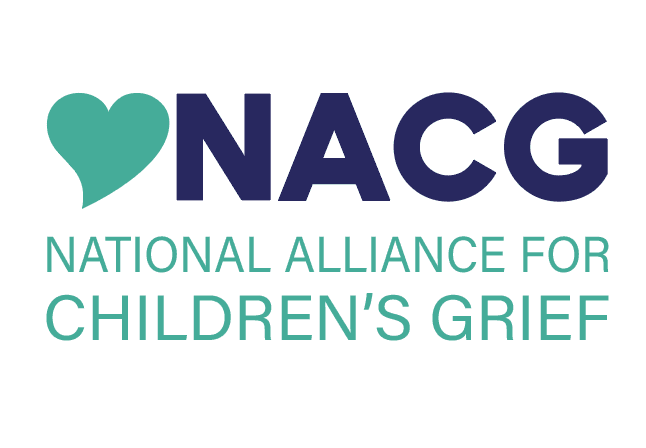Losing a loved one can be overwhelming and emotionally fraught for individuals and families. People may experience intense emotions, such as guilt, sadness, confusion, and anger. Consequently, it is common for individuals to feel disconnected from the deceased. We must remember that we do not move “on” from our loss; we move “forward.” What does that mean? When a loved one dies, we do not forget about or compartmentalize their memory. Instead, we slowly find ways to redefine our relationship with the loved one who has died, allowing for a continued bond with that person.
Continuing bonds can bring clarity, normalcy, and understanding to many. Research shows that continuing bonds with a loved one can help foster acceptance, provide comfort, and create a space for healing. Specifically, families that engage in commemorative activities to honor their loved ones and keep their legacy tend to feel more validated and less alone during their grief. Creating commemorative activities with family members facilitates healing through building connections and holding onto the memories of loved ones. Here are some activities you can do to keep your loved one’s memory alive and near to your heart:
Create a Memory Box
A memory box can be a powerful healing tool for children and adults to help keep the memories alive of a loved one who has died. The first step of making a memory box is to decorate the outside of your box using stickers, paint, crayons, and whatever feels fit to express your creativity and honor your loved one. Next, you may fill your box with photos, mementos, and anything that holds a special meaning for your loved one. If any feelings arise in this process, encourage phrases to foster self-compassion and process emotions. For example, you could tell yourself, “I am feeling guilty, and it’s okay to feel this way.” You may also elicit stories behind each object in the box and generate meaning for them.
Write in a Journal
Journaling your thoughts and feelings can be a helpful coping strategy during your grief. Research supports that frequent journaling can have positive effects on our mood. Before you journal, you may allow some quiet space to envision a special occasion looming on the horizon and observe what thoughts, memories, emotions, and bodily sensations come up for you. With all journaling activities, you can choose to write long paragraphs, use lists, or write short sentences or words - whatever you feel fits best for you. Here are some prompts to help you get started:
- I anticipate my loved one’s absence will be most painful when…
- I’m worried about feeling sad/happy/angry/confused when…
- I am devastated the following things will have to change…
- It breaks my heart knowing that my loved one will miss…
- I want to honor my loved ones and keep their memories alive by…
Create a Photo Collage or Memory Wall
Creating a photo collage or memory wall for a loved one is not only a great memento for your family for years to come, but the project itself can be a helpful mourning practice. Finding the best old photos of your loved one and rediscovering fond memories will not only help keep their memory alive, but will foster acceptance as you grieve. If it feels natural to you, you could create a video montage using still photos of your loved ones.
Create a Grief Music Playlist
A grief playlist can help grieving individuals connect with their emotions and honor their loved ones who died through music. You can include whichever songs that feel right for you in the playlist, such as your loved one’s favorite song(s), a song you shared with your loved one, a song that reminds you of your loved one, songs that match your current emotion, and musical pieces that can comfort you and help get you through the day. How you build your playlist is up to you, as there is no right or wrong way to grieve. You could also share your grief playlist with others and discuss it with those who care for and support you.
Continuing bonds with loved ones is not only normal and healthy, but an essential aspect of the grief experience. The bereaved often foster their ability to cope with loss and the accompanying changes in their lives by remaining connected to their loved ones. These activities may help in this process, and perhaps you may find additional activities to share with others along the way. Note that sometimes you may not feel like continuing bonds with your loved ones for a variety of reasons, and that’s okay. Respect your own ways and pace of grieving and accept that grief is often an ongoing process.
If you, or someone you know, have experienced the death of a loved one, the Children’s Bereavement Center offers FREE grief support groups for kids, teens, young adults, and their families across South Florida and nationwide virtually. Contact 888-988-5438 or support@childbereavement.com to register, or find more information at www.childbereavement.org.









